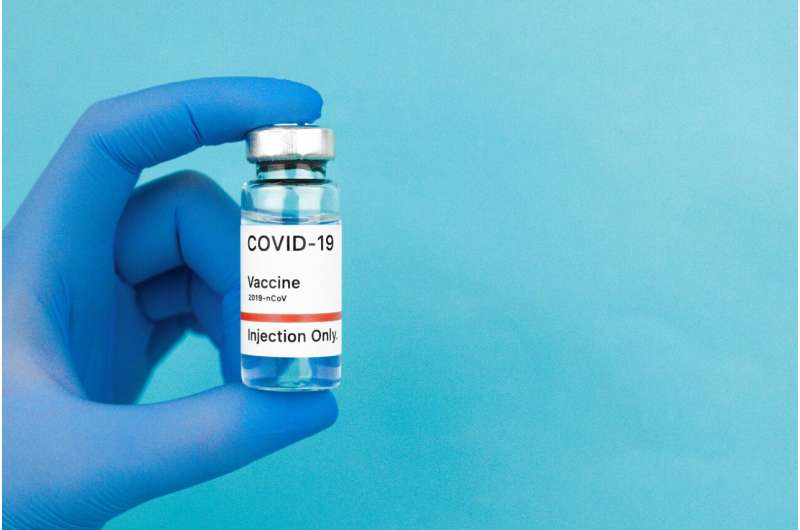Innovative Multilingual AI Chatbot Enhances Emergency Department Triage for Bilingual Patients

Researchers at UNSW are developing a multilingual AI chatbot to improve emergency department triage accuracy for bilingual patients, addressing language and cultural barriers in urgent healthcare settings.
In emergency situations, quick and accurate communication is critical for effective triage. However, language barriers can pose significant challenges, delaying diagnosis and potentially risking patient safety. Recognizing this issue, researchers at the University of New South Wales (UNSW) are developing a multilingual artificial intelligence (AI) chatbot designed specifically to assist in emergency department (ED) settings. The system aims to interpret and translate patient symptoms in real time, streamlining communication between hospital staff and diverse patient populations.
In regions like southwestern Sydney, where over half the population speaks a language other than English at home, the problem is especially pronounced. Dr. Padmanesan Narasimhan, a clinician and academic researcher at UNSW, emphasizes that current interpretation services, though available 24/7, are often impractical in urgent situations due to time constraints. Triage nurses typically have only a few minutes to assess patients, making it difficult to call upon professional interpreters who require more interaction time.
The new AI chatbot is designed to bridge this gap. It listens at the registration point, using natural language processing and machine learning to interpret patient descriptions of symptoms in multiple languages. If a patient speaks Arabic, for example, the system translates their account into English, allowing triage staff to more accurately evaluate the severity of their condition. The AI also offers triage recommendations corresponding to the patient's reported symptoms and cultural context.
The development involves several phases: initially training the AI on extensive datasets that include various languages and medical terminologies, followed by simulation testing, and finally, real-world deployment in multicultural ED environments. The goal is to assist staff in making quicker, more accurate assessments, minimizing the risks of misclassification that could either delay urgent treatment or cause unnecessary prioritization.
While commercial multilingual apps exist, the UNSW project is focused on creating a tool tailored specifically for emergency medical environments, employing patented algorithms to optimize accuracy and reliability. Dr. Narasimhan envisions broad applications beyond EDs, including general practice clinics, aiming to eliminate barriers faced by multilingual individuals in accessing healthcare.
This initiative is a pioneering step in integrating AI-driven solutions into healthcare, potentially transforming how language differences impact emergency care. With ongoing development and testing, the team hopes to bring this technology into widespread clinical use, ultimately improving patient outcomes and fostering more equitable healthcare access for diverse populations.
Stay Updated with Mia's Feed
Get the latest health & wellness insights delivered straight to your inbox.
Related Articles
A Single Exercise Session May Boost Cancer Treatment Outcomes
A groundbreaking study reveals that just one session of resistance or high-intensity exercise can elevate anti-cancer proteins in survivors, potentially reducing tumor growth and supporting treatment strategies.
The Dual Role of Glucocorticoid Receptor in Prostate Cancer Progression
New research uncovers the complex dual role of the glucocorticoid receptor in prostate cancer, revealing its potential to both promote and inhibit tumor growth depending on cellular context, with implications for future therapies.
Repurposing Arthritis Medication Shows Promise in Enhancing Heart Attack Recovery
Australian researchers identify how an arthritis drug could be repurposed to improve recovery outcomes after heart attacks by reducing inflammation and preserving cardiac function.
COVID Resurgence in California: What the Summer Holds
California is experiencing a COVID resurgence this summer, with regional and wastewater data indicating rising infections. Experts warn to remain vigilant and get vaccinated to mitigate the impact of the potential wave.



